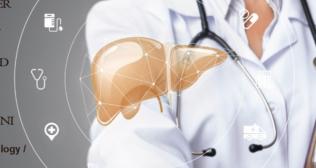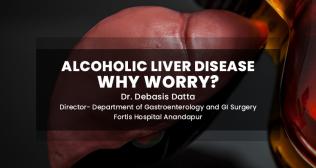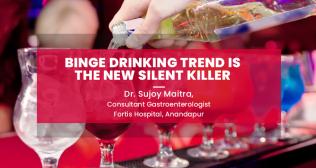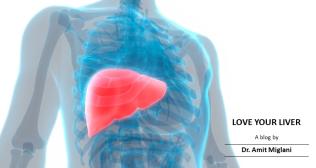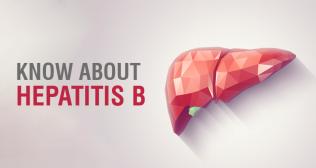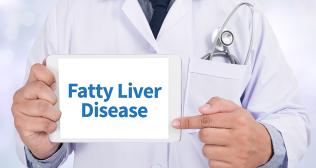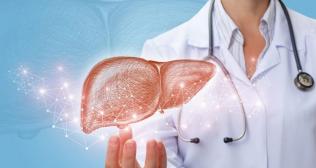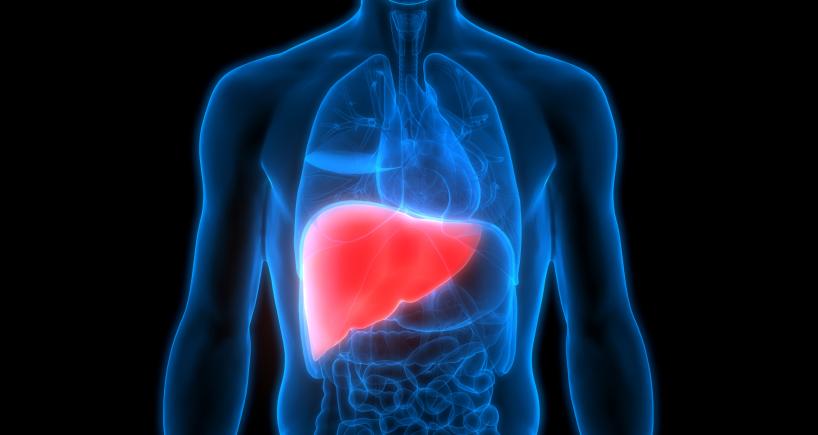
Know about Non-Alcoholic Fatty Liver (NASH) Disease
What is non-alcoholic fatty liver disease?
Non-alcoholic fatty liver disease (sometimes called "NAFLD") is a condition in which fat builds up in the liver. The liver is a big organ in the upper right side of the belly
There are 2 types of NAFLD:
Non-alcoholic fatty liver (also called "NAFL") – In NAFL, the liver has fat build-up, but is not inflamed.
Non-alcoholic steatohepatitis (also called "NASH") – In NASH, the liver has fat build-up and is inflamed.
This article is mostly about NASH because that is the condition that can lead to the most problems.
People who drink too much alcohol can get a condition similar to NASH. But NASH is not related to drinking too much alcohol.
What causes NASH (Non-alcoholic steatohepatitis)?
NASH happens more often in some people, such as those who:
●Are overweight
●Have diabetes, which causes blood sugar levels to get too high
●Have high cholesterol
●Take certain medicines
What are the symptoms of NASH?
Most people with NASH have no symptoms.
Your doctor or nurse might suspect that you have NASH from the results of your routine blood tests.
Will I need more tests?
Yes. If your doctor suspects that you have NASH, you will likely have:
●More blood tests
●An imaging test of the liver, such as an ultrasound, CT, or MRI scan – Imaging tests create pictures of the inside of the body.
●FIBROSCAN
Some people need a liver biopsy. During this test, a doctor removes a small sample of tissue from the liver. Then, another doctor looks at the sample under a microscope to see if NASH is present. A liver biopsy is the only test that can tell for sure if you have NASH.
It is required to do this test if it isn’t sure if you have NASH or to see how much inflammation there is in the liver. If your blood tests and imaging tests are normal, you will not need a liver biopsy.
How is NASH treated?
NASH is not typically treated directly. But the condition can get better when other medical conditions that often happen with NASH get treated. For example, losing weight, and controlling high blood sugar and cholesterol can help improve NASH. With that in mind, your doctor can:
● Help you lose weight, if you are overweight – If your doctor recommends losing weight, they can help you plan to do this safely. It's important not to lose weight too quickly. Do not lose more than 3.5 pounds (1.6 kilograms) a week.
●Treat your high blood sugar, if you have high blood sugar
●Treat your high cholesterol, if you have high cholesterol
Making these changes has benefits besides helping with NASH. These changes can also reduce your chances of having a heart attack or stroke. That's important because people with NASH are often also at risk for heart disease and stroke.
If you take a medicine that could be causing NASH, your doctor will stop or change that medicine.
If you have a severe form of NASH but do not also have diabetes or heart disease, your doctor or nurse might suggest that you take vitamin E and other drugs like statins, meteor in, and new drugs like Obeticholic acid and Saroglitazaar.
Does NASH get worse over time?
NASH might get worse over time. Sometimes, it leads to serious scarring of the liver, called "cirrhosis." Cirrhosis can cause different symptoms, such as swelling in the legs, trouble breathing, or feeling tired.
Do I need to follow up with my doctor?
Yes. People who have NASH need to see their doctor for regular check-ups. Your doctor will do follow-up tests regularly. These usually include blood tests and yearly FIBROSCAN
Categories
Clear allMeet the doctor

- Gastroenterology and Hepatobiliary Sciences | Gastroenterology
-
12 Years
-
1200







